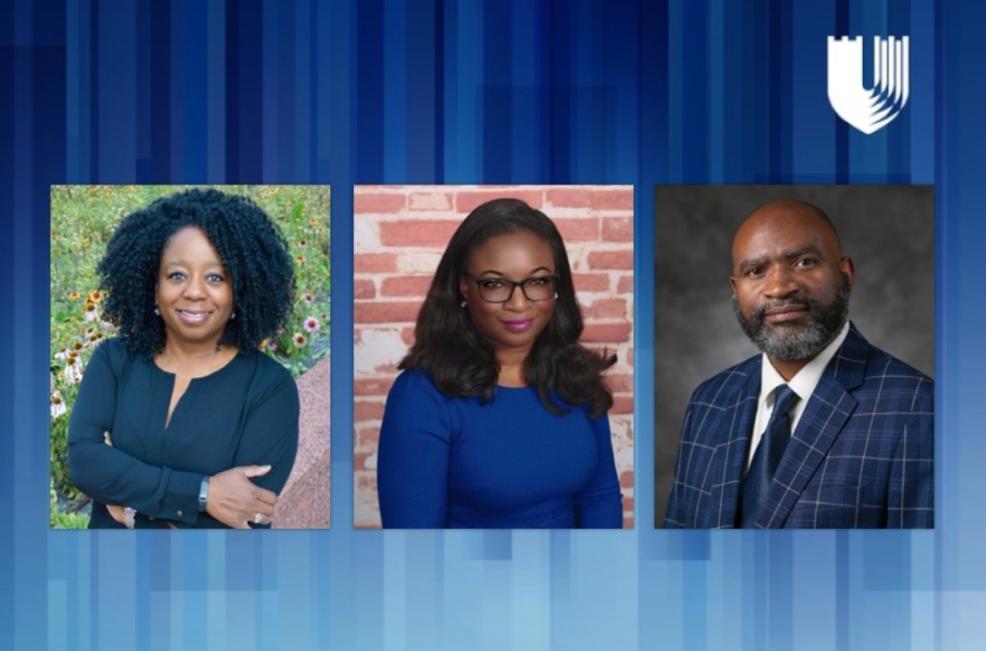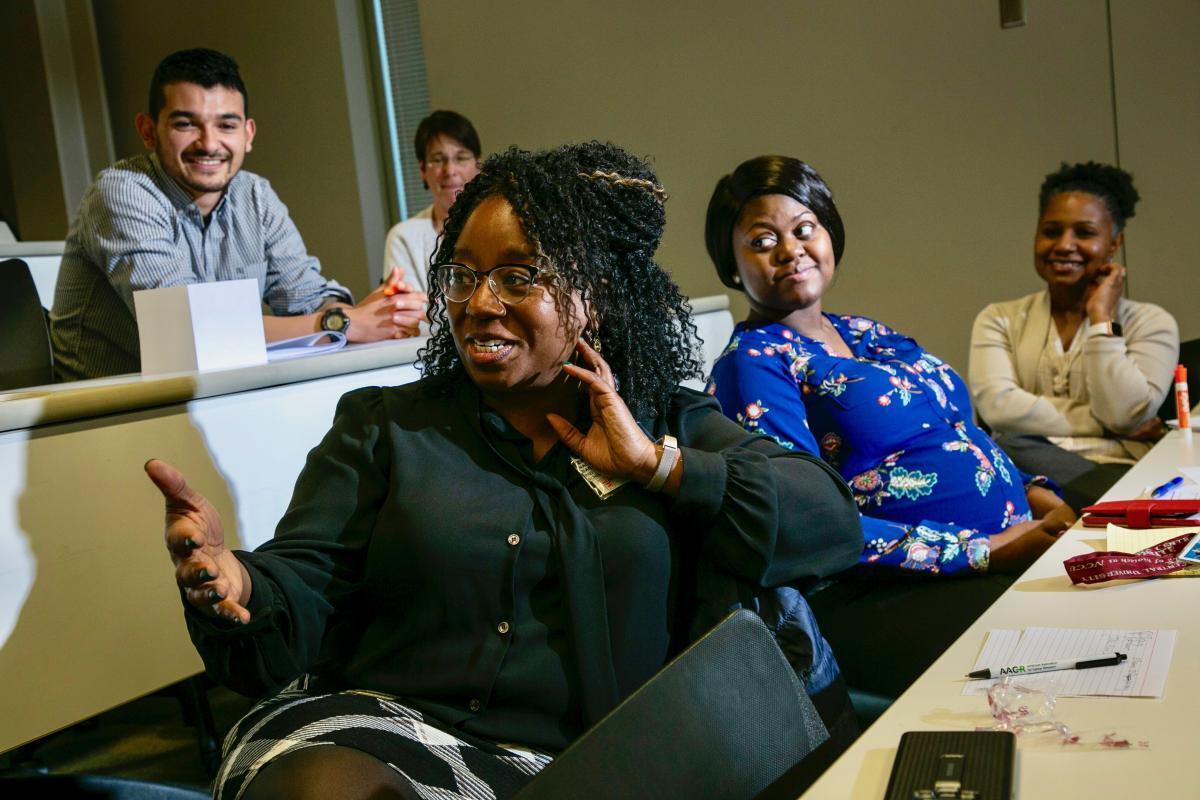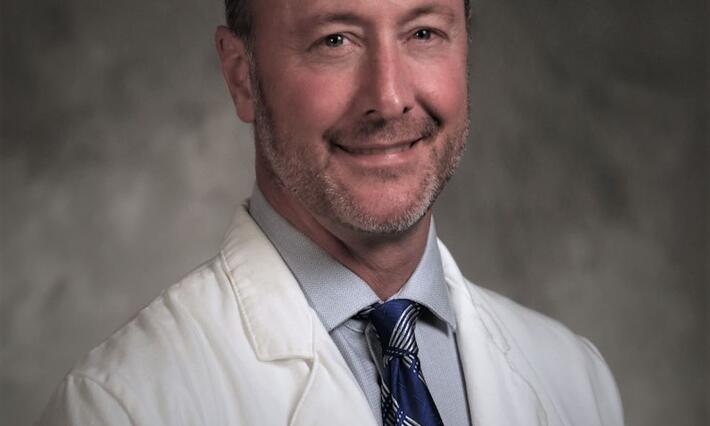Community Outreach & Engagement at DCI Comes of Age, Team Expands
In continuing efforts to expand Duke Cancer Institute’s community outreach and engagement matrix of research, programs, and strategic partnerships to reduce the cancer burden and close the cancer disparities gap in its catchment area, DCI senior leadership is excited to welcome a new leader to the COE team.
On Feb. 1 this year, cancer epidemiologist Tomi Akinyemiju, PhD, MS, was named DCI’s new associate director of Community Outreach and Engagement. (how to say her name)
“She's a rising star in the world of cancer epidemiology and cancer disparities,” said deputy director of DCI Steven Patierno, PhD, who provides senior oversight to DCI’s community outreach and engagement efforts and helped recruit her to Duke two years ago. “She’s still in the early stages of her career but is already funded with an R01 from the National Cancer Institute. She’s also doing extraordinary work on breast cancer disparities in women of African ancestry. It’s very exciting research at the intersection of social determinants of health and the biology of cancer.”
Akinyemiju joined Duke and DCI in Feb. 2019 as an associate research professor in the Department of Global Health and as an associate professor in the Department of Population Health Sciences where she also serves as vice-chair for Diversity, Equity, and Inclusion. She has a secondary appointment in the Department of Obstetrics & Gynecology.
“Duke is a very well-known brand, a well-known institution with really cutting-edge smart people doing outstanding research,” she said. “I was really excited to come here, to be in North Carolina and be in an environment that values innovation, excellence and collaboration.” Previously, Akinyemiju was Assistant Dean for Inclusive Excellence and an associate professor of epidemiology with the Markey Cancer Center at the University of Kentucky.
Akinyemiju’s current research to improve public health is focused on studying the social and biological mechanisms driving disparities in cancer risk, tumor aggressiveness and survival.
“Access to care is a very consistent theme in my work,” she said. “In Kentucky, there is the Appalachian region, with underserved and low-income white populations. Similarly, in North Carolina, we have pockets where there is a lack of access to care as well as low-income underserved minority populations.”
Akinyemiju is midway through a five-year $2 million NIH/National Cancer Institute-funded R01 study to assess the relative importance of race-specific barriers to healthcare access in Black and White ovarian cancer patients across nine states in the US, including Kentucky and North Carolina, and evaluating the impact of healthcare access on quality of cancer treatment, quality of life, and ovarian cancer survival. She expects that these new insights will help identify and prioritize ways to reduce disparities and improve care for these patients.
Akinyemiju was born in Michigan, but grew up in Nigeria. She came back to her birthplace in 2004 for her undergraduate, graduate, and post-graduate education, but her latest research project, also NIH/NCI-funded, brings her back to where she grew up.
Nigeria, which is seeing a rapid increase in breast cancer cases in addition to other non-communicable diseases, including obesity-related diabetes, has the highest breast cancer mortality rates on the African continent. Triple-negative breast cancer, an aggressive, fast-growing hard-to-treat subtype with a poor prognosis, is the most prevalent breast cancer sub-type at nearly 45% of breast cancer cases.
Akinyemiju is exploring how rising rates of metabolic dysregulation brought on by changing lifestyle and dietary patterns may impact breast cancer risk in Nigeria. To do this she’s collecting biospecimens in women with and without the triple negative breast cancer subtype in order to study the biological mechanisms of different subtypes that could predispose one person over another to be at higher-risk. She also plans to extend this study to the U.S. to examine biological data in African American breast cancer cases where the triple negative breast cancer prevalence is 20%. One outcome could be the discovery of an epigenetic (heritable DNA changes) link to triple negative breast cancer in those of West African heritage, including Americans with enslaved ancestors of West African descent.
“In this study, we are interlinking genomic data with social determinants of health,” Akinyemiju explained. “We need more research to figure out what the risk factors and biological mechanisms are and what we can target to treat. We’re having to build this data from scratch, but once we build it, the implications for important scientific discoveries are endless.”









